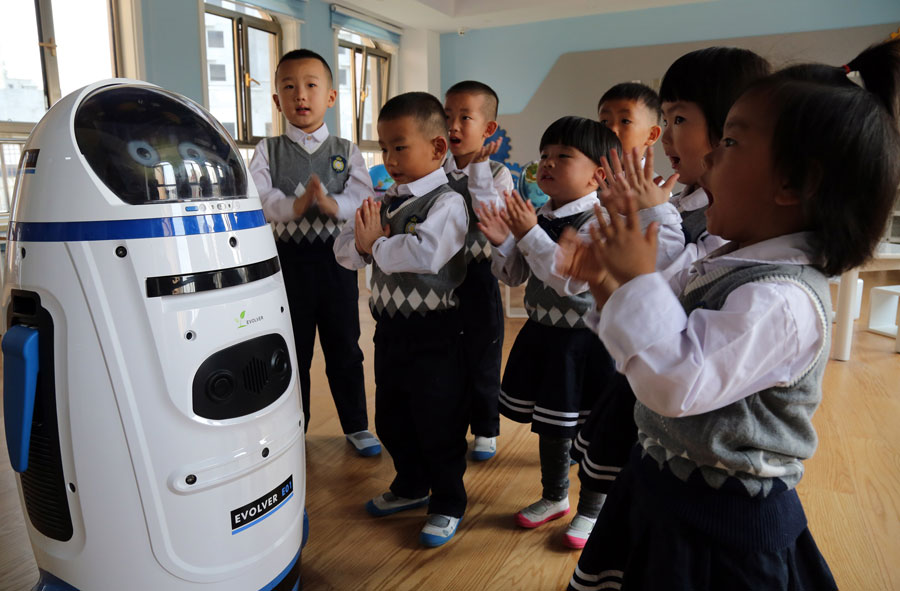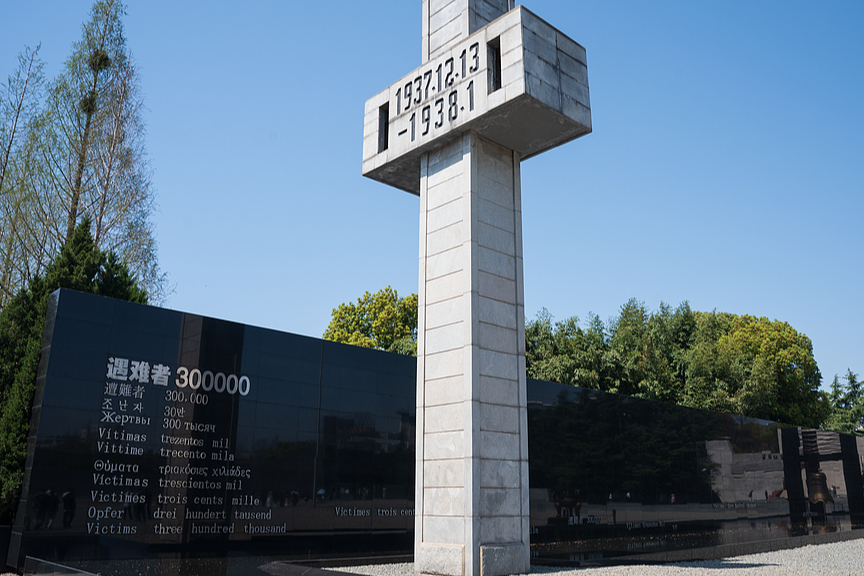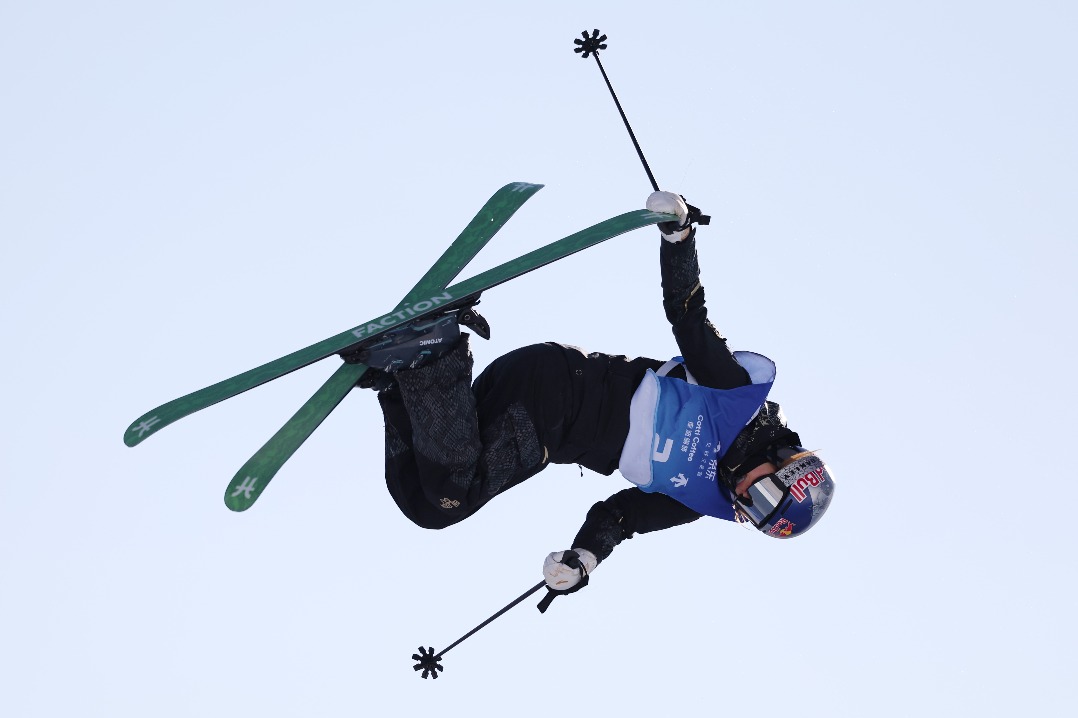Private kindergartens won't go away; they'll be supported, official says
By Zou Shuo | China Daily | Updated: 2019-02-21 09:09

Private kindergartens will continue to play an important role in China's preschool education system, and the government will continue to provide active support for the sector, an education official said recently.
In January, a notice issued by the State Council said existing private kindergartens in urban communities should be handed over to local education authorities and be turned into public kindergartens or less expensive private ones.
That has been misinterpreted as meaning private kindergartens will effectively no longer exist, according to an official at the Ministry of Education, adding that the government will continue to increase subsidies for them.
The official, who didn't want to be named, said that while public kindergartens are being promoted across the country, private ones are receiving active support in providing standard and affordable services.
In 2017, close to 63 percent of kindergartens in China were private and only 43 percent of them are inexpensive, the ministry said.
Children attending inexpensive public kindergartens or low-priced private ones will account for 80 percent of all preschoolers by 2020 - a target set by the Communist Party of China Central Committee and the State Council.
Affordable preschools will be the priority, the ministry said. Governments at all levels are encouraged to establish public kindergartens, aiming to get about 50 percent of all preschool children into public education by 2020.
A report from the Education Policy Center of Southwest University in Chongqing said that with China's policy change in 2016 allowing all parents to have two children, the demand for preschool education will see a sharp increase starting this year and peaking in 2021.
The report estimates the country will have a shortfall of 11,000 kindergartens and 3 million kindergarten teachers by then.
Xiong Bingqi, deputy head of the 21st Century Education Research Institute in Beijing, said China is taking steps to tackle the shortfall by providing incentives to kindergartens and increasing enrollment quotas, as the need for quality kindergartens and sound preschool education grows.
However, generally low salaries for kindergarten teachers are driving college students majoring in preschool education into other professions, he said. "In some big cities, such as Beijing, kindergarten teachers are paid around 3,000 yuan to 5,000 yuan ($446 to $743) per month - even less than most hourly workers and some babysitters."
Chu Zhaohui, a senior researcher at the National Institute of Education Sciences, said: "The government should make sure that all kindergarten teachers, private or public, earn a reasonable salary and that their basic benefits, including insurance and housing funds, are paid in full and without delay."
Increased funding directed to kindergartens should not only focus on buildings and equipment but be used to increase salaries for teachers to ensure a sound talent pool, Chu said.
























